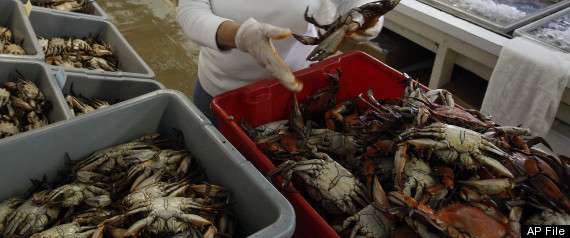symmetry
I enjoyed writing this blog. The take-away for me was analyzing the future through scenarios, rather than certitude. Energy. Just enjoy the sun and that should get us through. It will be quite a haul over the next few decades.
- fin -
I enjoyed writing this blog. The take-away for me was analyzing the future through scenarios, rather than certitude. Energy. Just enjoy the sun and that should get us through. It will be quite a haul over the next few decades.
In the past week, an increasing numbers of stories have covered the Range Fuels affair. The Wall Street Journal’s take was the most high profile coverage:
Vinod Khosla stepped in with his hand out. The political venture capitalist founded Range Fuels and in March 2007 it received a $76 million grant from the Department of Energy—one of six cellulosic projects the Bush Administration selected for $385 million in grants. Range said it would build the nation’s first commercial cellulosic plant, near Soperton, Georgia, using wood chips to produce 20 million gallons a year in 2008, with a goal of 100 million gallons. Estimated cost: $150 million.
In early 2010, the EPA said Range would finally produce some fuel in 2010—but only four million gallons, not 100 million, and of methanol, not cellulosic ethanol. So taxpayers have committed $162 million (along with at least that much in private financing) to produce four million gallons of a biofuel that others have been making in quantity for decades. This politically directed investment might have gone to far more useful purposes.
As some readers wrote to me and noted, the WSJ article reads as a condensed version of an article that I wrote a year earlier called Broken Promises from Range Fuels.
Robert Rapier has de-constructed something that was never really there. The Vinod Khosla energy investment portfolio. This outcome is not unexpected to me. A few years ago I cast a bushy eyebrow at this software asshole Khosla and his bad math, scribbling a few choice words about this well connected Pied Piper. Click on the saint below to learn more.
The thing about it is, Khosla may or may not have understood why he failed. Understand, software assholes make 200 million dollars on a big play and they think they've accomplished something. But software is ephemera. There is an existing base of platforms, growing on one end and shriveling on the other. These platforms run on energy. For a software maker, the difference between 10 units and 100 million units is negligible in terms of production. Really, getting the licensing figured out is probably more energy intensive these days than delivering the bits.
Of course, 100 million units of software X is what turns a humble software person into a software asshole. Word, friends. I imagine Khosla thought printing energy would be as easy as printing bits.
Nope.
And the next time one is glancing in awe at the balance sheet of one of the software "bigs," SAP, Microsoft, Oracle, whatever - remember that the amount of money sloshing around every year just for semi-refined petroleum ("crude") is on the order of 584 to 730 billion U.S. dollars.


Alternate Link for below video here,
One thing I've been thinking about lately is the zeitgeist of the United States.
Oil spill: Gulf of Mexico disaster 'growing by the moment'

A few changes, as I ponder uncorking a few new ideas in the near future. Yes, now I think about writing on peak energy rather than actually writing! It doesn't actually save me time of course - the ideas rattle around in my brain, instead of yours, where they belong.
It is said that as one ages the perception is that one is younger than is in fact the case. This is not really a surprising distortion. Much valuable science is performed around the obvious. By the same token, surely I am living about five years back in a self hallucinated past. By god, I'm enjoying it.

No, this isn't a post about California, any more than anywhere else. Just a pause for reflection, after four December's of posting on the topic of peak energy - something I understand and mean to be peak usable energy in an industrial sense.
The United States annual 700 hundred billion dollar Military budget has long been a cipher and a certainty. The U.S. manages to fund a space program on 2 percent of that. The dollars are real, and they are glazed over North America proper as evenly as possible to ensure every voter, in every district, has a stake in the continuation of this boon.
Surveying the wreckage, with martini in hand, or better yet, a slice of apple pie, one might be inclined to flip out.
The financial conflagration gathers strength – touched off by the mortgage crisis as a dynamite primer, but exploding on account of unsupportable shady investment practices. Lacking steady dribbles of cash to cover the heavily leveraged, endless trillions of speculative credit/money, the game ends. Various billion dollar bailouts are a drop in the bucket – not even addressing mortgages that have already failed. Much less all the tea in Iceland.
making my little piece of the world just a little greener (post gazette)
Down and out in Las Vegas The Independent